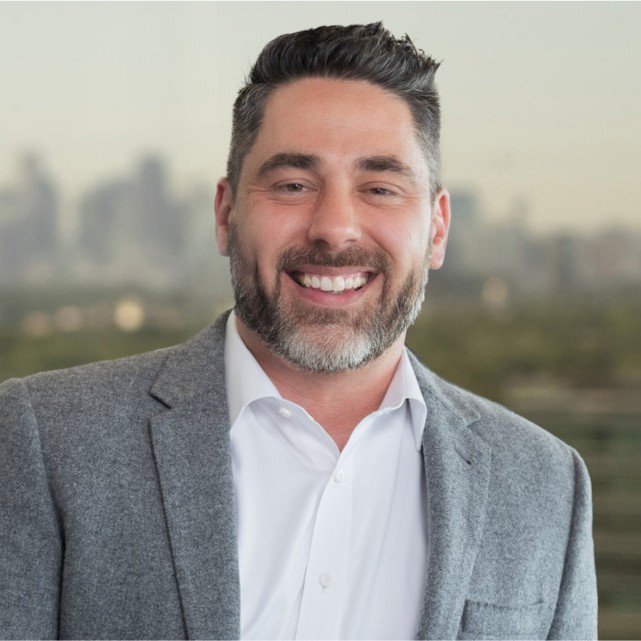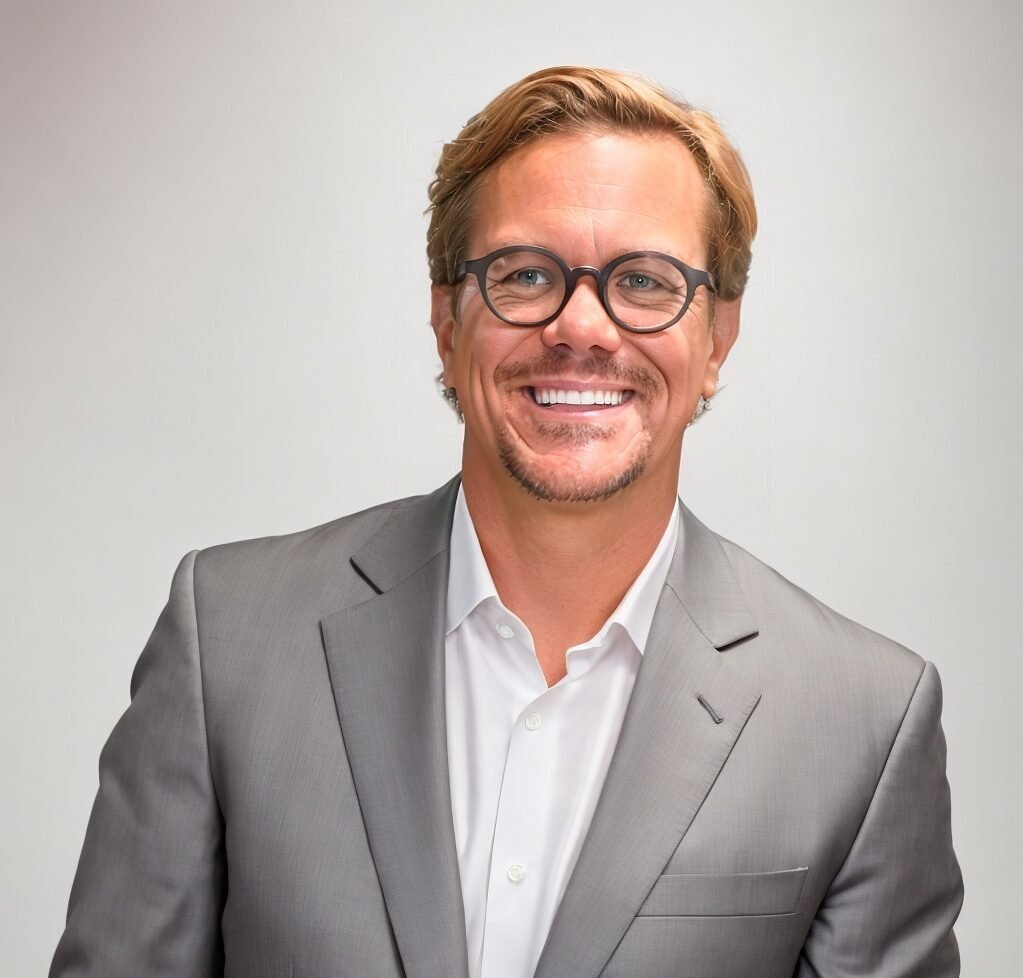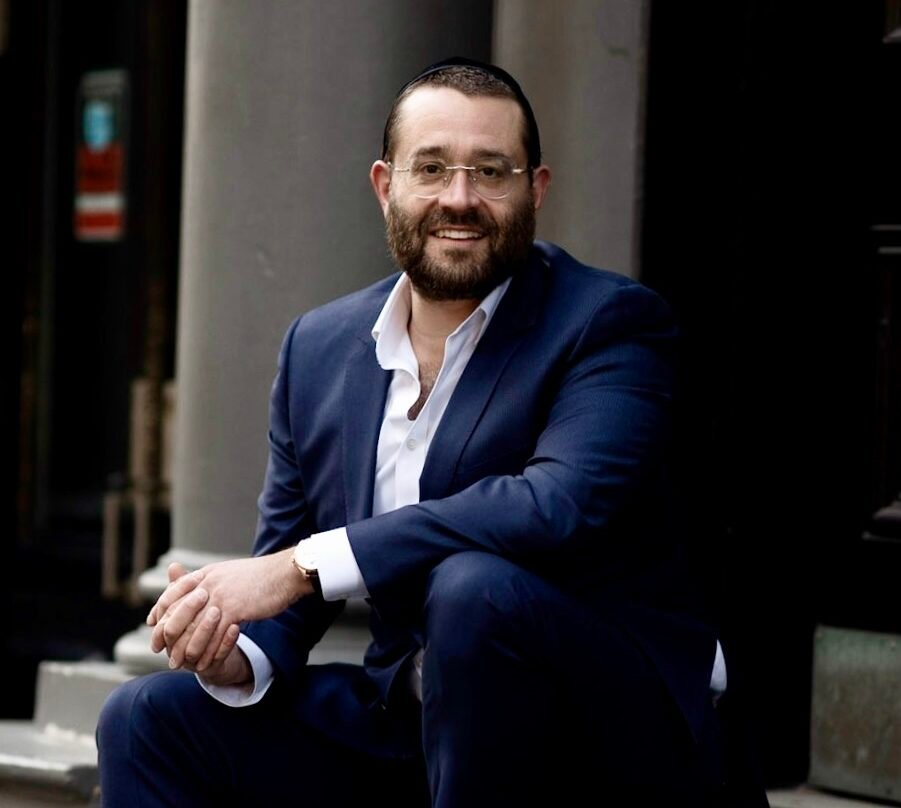I recently went one on one with Mike Vitek, CEO of ShiftKey.
Adam: Thanks again for taking the time to share your advice. First things first, though, I am sure readers would love to learn more about you. How did you get here? What experiences, failures, setbacks or challenges have been most instrumental to your growth?
Mike: I spent the better part of my career in healthcare and I saw firsthand the rut facilities find themselves in with balancing workforce and patient needs. Obviously, over the last four years, we’ve seen that gap explode with many licensed professionals leaving the workforce, whether due to retirement, burnout, or a career change.
This journey has often been challenging, and I’ve talked with a lot of people in the healthcare industry who just couldn’t keep their heads above water. The hours are long and irregular, and the work is physically and emotionally exhausting, which puts a lot of pressure on providers’ ability to maintain normalcy in their day-to-day lives. Growing up with a dedicated, hard-working single mother, I could understand the challenges people were facing as they tried to maintain their careers while supporting their families. It’s these folks and their stories that have fueled my desire to make a difference in this industry. Good health is a critical component of any good life, and we have to make sure that the folks taking care of us have the support they need.
I wanted to find a niche where I could make a real impact on the challenges I spent over 15 years witnessing. I found the answer in a data and technology company. At ShiftKey, I saw the potential to really address this workforce crisis in ways I’d never seen before, with technology that empowered the worker and the facility. We know that the solutions to this crisis will have to be innovative, tech-driven, and human-centered. ShiftKey was offering that solution, and I jumped at the opportunity to be a part of it. I’m grateful to be in a leadership position where I can really make a difference and help give healthcare workers the flexibility and autonomy they need to excel at work and outside of work.
Adam: In your experience, what are the key steps to growing and scaling your business?
Mike: No matter how good your product or idea may be, your business is only as strong as your team. As a leader looking to scale, your #1 focus should be to attract, maintain, and promote top talent across every level of the organization. And to clarify – top talent certainly speaks to productivity, but it should also be balanced with real heart and compassion. After all, these are the people representing your brand across communities and stakeholders – as you scale, you need people besides you (arguably, different than you) who you trust to do that. As you continue to bring in caring, dedicated individuals, these new, human faces of your organization will showcase the mission, integrity, and heart of your organization. And the effort shouldn’t stop with hiring and onboarding. Continue to invest in your team members – their story, their ideas, and their goals—until their very last day and beyond. You can’t do this without your team. Make sure you remember that, and make sure they know it.
You also must make sure your company and brand represent the people you’d like to serve. People want to see solutions that directly apply not only to their problems but also to their way of life. Make sure you know your customers well enough to understand their identities, motivations, and challenges, and make sure those components are represented in your team, product, and mission. This personal connection is what resonates most strongly with all stakeholders as they choose potential partners.
Adam: What do you believe are the defining qualities of an effective leader?
Mike: If you’re going to build trust, you have to lead from the heart. There’s no other way to truly connect with people. An effective leader will look at each team member as an individual and will meet them exactly where they are. That doesn’t mean changing your business model for each person. But we should aim to create an environment where every team member can grow and be successful in their own unique way. Keep an open door and always be open to feedback from your team.
Effective leaders will also strive to leave all team members better than we found them. Ask your team members about their short and long-term goals and help them shape their current roles around their vision for their future. Connect them with mentors throughout your organization and beyond who have followed similar paths. Invest in each person as an individual, and they will feel more connected to their role on your team and within your organization’s mission.
This kind of investment in your team members’ growth may lead valuable staff to ultimately move on to other opportunities – and that’s okay. In fact, that’s something we should encourage if it’s the best move for their career. Celebrate your team’s wins no matter what they look like, even if they don’t directly benefit your organization. You can be your team’s biggest champion, and you can change the trajectory of their careers and their lives. That’s how you cultivate a reputation as a genuinely good leader – a leader more people will want to work for, even if others are moving on to new opportunities. This is a tough principle to live out in practice – it’s easy to say, but in my experience, most organizations indirectly (or overtly) shame team members for leaving.
Adam: How can leaders and aspiring leaders take their leadership skills to the next level?
Mike: I think that leadership, like any skill, is something that you never truly master. If you want to be a great leader, you have to continuously work on it, even if you’re seemingly at the top of your game. Personally, I build this skill by talking to other leaders who I admire. Whether they’ve been in the field longer, or if they lead with a different style than I do, I make it a key intention to learn from others. These mentorships help me identify and reduce my blind spots, find new ways to motivate my team or provide inspiration for when the road gets tough. They are absolutely essential to my ability to grow in my role.
And while learning from people with more experience is important, we should also tap into the wisdom of our younger team members. The workforce is constantly evolving, and these folks are the future of it. You can’t lead a team that you don’t understand, so it’s important that we get to know our Gen Z and Millennial team members. These folks can offer fresh perspectives and new styles of working that could transform your organization – if you give them a chance and a seat at the table.
Adam: What are your three best tips applicable to entrepreneurs, executives, and civic leaders?
Mike: Lead with empathy: this is crucial to all leaders or change-makers, regardless of their industry or goal. Business may seem like a numbers game, but the minute your company becomes binary, you’ve lost. Organizations are made up of individuals with their own goals, personalities, insecurities and strengths. Work with them and work for them every day.
Put service at the center: working through intentional community outreach is the quickest and best way to grow. At the end of the day, businesses provide solutions to people’s problems. You can’t know what communities need unless you get out there and work with them. By building this rapport, communities and stakeholders will know your organization as more than just a business, but as a trustworthy leader who genuinely cares.
Learn. From everything and everyone: going into leadership or entrepreneurship takes a certain kind of stuff. It’s a tough road, and I can guarantee that you’ll mess up. The only true failure in this path is failing to learn from your mistakes. Stay humble, keep an open mind and keep moving forward.
Adam: What is your best advice on building, leading and managing teams?
Mike: My policy for building and managing my teams may be a bit strong, but I stand by it, nonetheless. Here at ShiftKey, we have a strict “no assholes” policy.
While it’s impossible to know someone’s character during the interview process, we must do our absolute best to hire team players and good brand stewards. With a bad attitude or toxic working style, one person alone can destroy a company’s culture. Maintaining the highest standard for new hires is crucial to protecting your team and ensuring that the culture remains positive and productive.
Someone could be the most talented person in the world and the most qualified for a position; if they’re an asshole, they will never have a spot on my team. If you want to lead a team that will go the distance, hire for character over skill, then teach the skill.
Adam: What are your best tips on the topics of sales, marketing, and branding?
Mike: Sales isn’t about pushing a product – if you have to push it on someone, it’s not the right product. Fundamentally, you can only sell what someone feels compelled to buy or use. The best companies figure this out and engage in relentless user listening, feedback and testing. Often, what a company may not realize is a meaningful feature is something that your customers will tell you changes their entire day to day experience. It can be something you wouldn’t expect or something you didn’t realize would have such a massive impact. The best sales, marketing and branding folks are intentional about listening to the end users, and bringing that back to the broader team to say “how can we adapt or evolve our product to continue to bring the most value to this stakeholder.”
At ShiftKey, we focus our sales and marketing strategies around having a product that mutually benefits all our key stakeholders. We don’t favor one group over another, but we offer solutions that provide empowerment, stability and growth for all parties. This is a game changer for our sales, marketing and branding because we’re not just trying to convince folks to buy some flashy product. We’re meeting them where they are and are offering solutions to their problems—with the data to back it up.
Adam: What is the single best piece of advice you have ever received?
Mike: “When someone tells you who they are, believe them.”
A long-time mentor of mine, Joe Caldwell, gave me this advice several years ago, and it has played a pivotal role throughout my career. Not only do I apply it to the way I interact with my team members—in ensuring that folks are set up for success—but also in attempting to understand potential partners and stakeholders. Generally, people are upfront about who they are and what they’re looking for. As leaders, it’s our job to listen, really listen, and help people get to where they want to go—not to where we think they should go. This intuition and emotional intelligence can be a game-changer in any industry, and it is critical to building trust and to true success.









